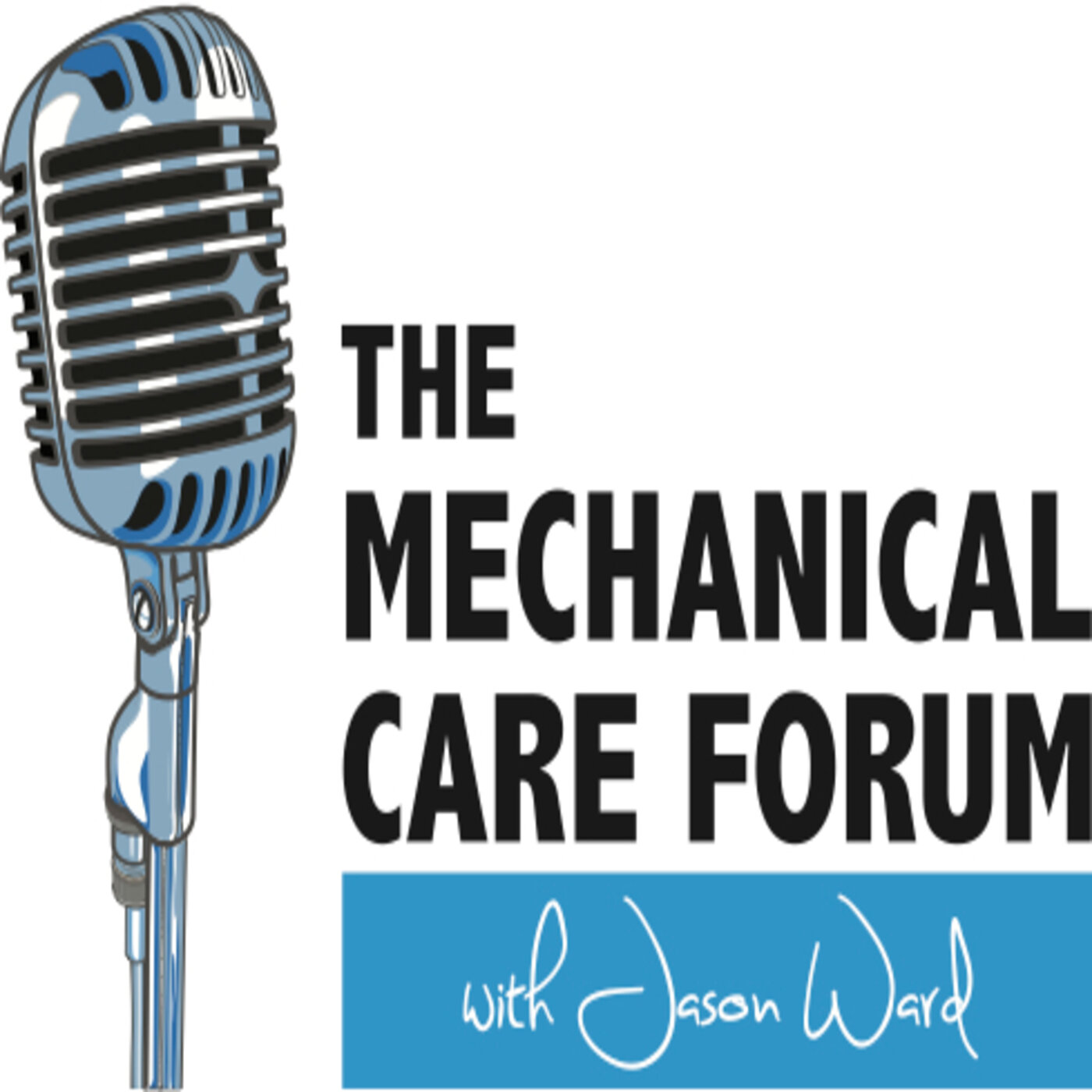Richard Rosedale
Canada | PT, Dip. MDT
Show Notes
(by Jayla Hall)
(2:30)
Personal and Professional Backgrounds
Richard Rosedale is a husband and a father to seven children. He prioritizes balance amongst his home and work life, as well as his involvement in the McKenzie Institute.
After graduating from Guy’s School of Physiotherapy in 1992, Rosedale worked within the outpatient department of St George’s Hospital in London, Europe. Rosedale's professional training originated in the Maitland Approach, but his curiosity was prompted when he observed colleagues prescribing extension exercises to patients with back complaints. Rosedale’s inquisitiveness led him to enroll into Robin McKenzie’s courses, and he gradually transitioned from the Maitland Approach to Mechanical Diagnosis and Therapy (MDT).
Rosedale earned his diploma in MDT in 1997 and has been an instructor with The McKenzie Institute Canada since 2001. He has facilitated courses and conference workshops throughout North America and co-authored several publications on low back pain. Richard’s a member of the McKenzie Institute International education committee, an examiner for the McKenzie Institute credentialing and diploma exam, and a member of the McKenzie Institute Canada Board of Directors.
Quote:
“I've been trying to contribute in any way that I can, in terms of developing the [MDT] system, exploring the system, and seeing if it holds up to the scrutiny of research.” –Rosedale
(10:15)
A Day in the Clinic with Richard Rosedale
Rosedale’s setting is within the physiotherapy department of a large teaching hospital. Specifically, Rosedale serves within the Occupational Health and Safety sector, collaborating with McKenzie-credentialed clinicians to address spine and extremity patient cases as well as acute and chronic mechanical pain complaints.
(15:05)
From Co-Author to Principal Investigator in Research
(18:30)
Criticism of the McKenzie Method
With respect to MDT, Rosedale refers to Leonardo De Vinci’s quote:
“Simplicity is the greatest sophistication.”
Rosedale explains that the McKenzie Method is criticized by those who misunderstand its system, as it is perceived as “too simplistic” and, therefore, causes others to disbelieve or distrust MDT.
Quote:
“People cannot get their heads around the fact that such simple things [can] have such dramatic effects.” –Rosedale
To this point, Rosedale shares the story of a presentation that he conducted at a university on patient knee cases. Exhibiting the MDT system through these cases and announcing the associated, drastic improvements in patient-reported outcomes, Rosedale learned from a student a week later that the audience was “totally put off” by the lecture.
Quotes:
“I have to be careful, in terms of understanding where these [clinicians] are coming from. They’ve gone through these programs [and] done all these post-graduate [CEUs], and they are convinced [that] things cannot be simple.” –Rosedale
Rosedale further highlights the elegance underlying MDT’s simplicity:
“[Some] people outside the system…assume ‘simple’ is just very basic and easy to learn.”
“Even though the principles are simple, putting them into practice requires a great deal of skill and effort.” –Rosedale
(22:50)
Patient Buy-In and Setting Expectations: MDT vs. Traditional PT
(28:30)
What do you consider to be the greatest challenge for conservative care clinicians? What do you think should be our immediate action?
“The biggest issue is [encouraging] clinicians to commit to using a system exclusively and not to mix-and-match different systems and approaches on a day-to-day basis.” –Rosedale
“Some [clinicians] go through their whole career trying to grasp how to integrate these different systems…assessments…[and] tests that they have to do.”
“It’s the fact that [clinicians] think they have to use lots of different things to get the patient better...” –Rosedale
“It’s a good thing if people use a particular system exclusively–at least for a period of time–to get the most out of the system, to understand its positives, and to learn if there are any flaws to be explored and/or researched further.” –Rosedale
(36:11)
What is/are the primary strength(s) of the conservative care clinician?
The MDT system’s consistency (i.e., assessment, classification, and treatment) as well as its underlying research are McKenzie clinicians’ primary strengths.
(41:20)
A Memorable Patient Story
(55:35)
Rosedale’s Resources
Colleagues within his workplace;
Colleagues within the McKenzie Institute; and
Research references (i.e., the development of an up-to-date article library, and documentation of journals in which articles of relevance are published)
(57:36)
Rosedale’s Most Recent Osteoarthritis Knee Research
(1:06:00)
Which personal habit(s) contribute to your success?
Organization and time management;
Problem-solving issues before they have a negative compounding effect; and
Improved communication with regard to research projects and patient care
We hope to deliver this content to the committed professional who wants to improve his/her care and we hope to do it in a way that is easily accessible, the world over, in today's technological age.
To contribute:
Give a 5-star review on iTunes;
Share EP #4 with a friend; and/or
Connect with us on the MCF Website and MCF Instagram page!
Thanks for your support!

